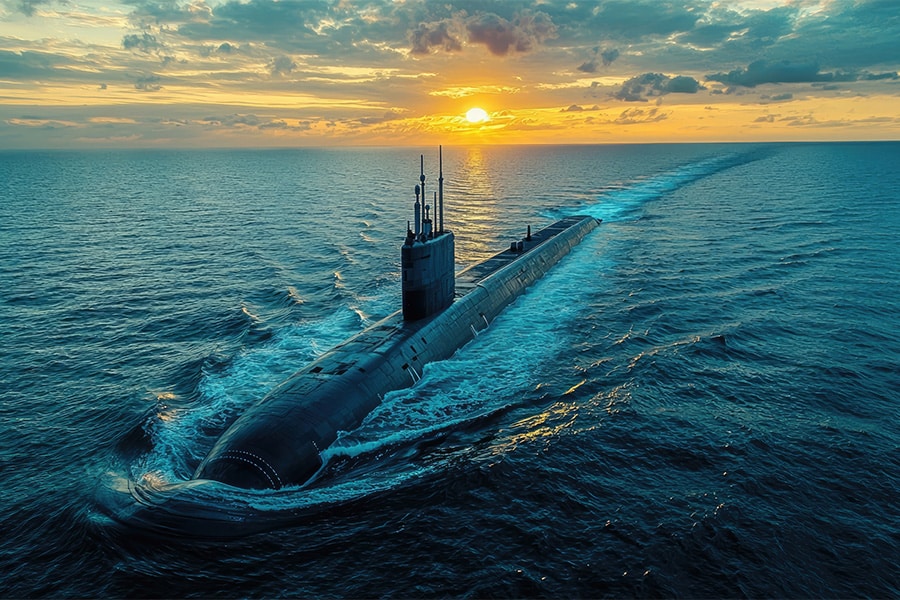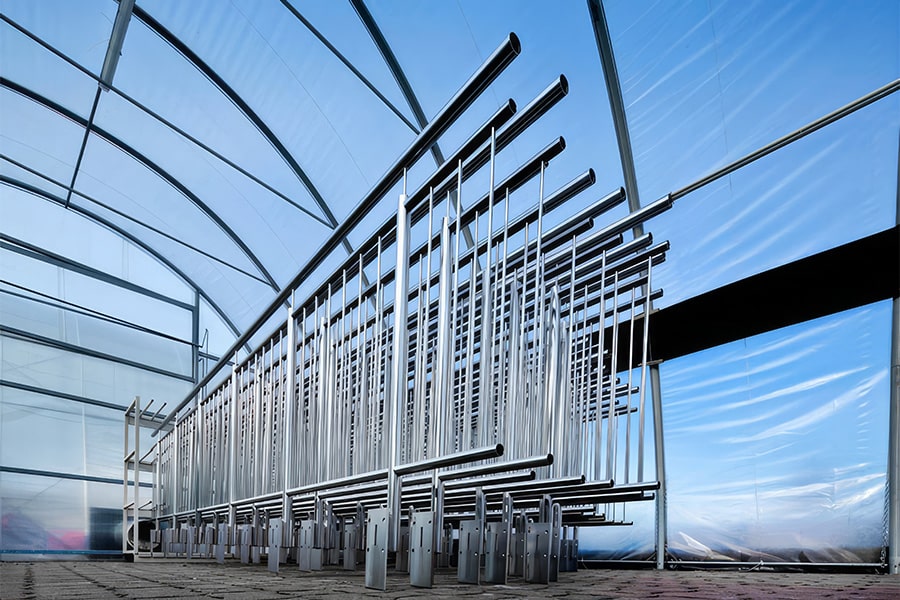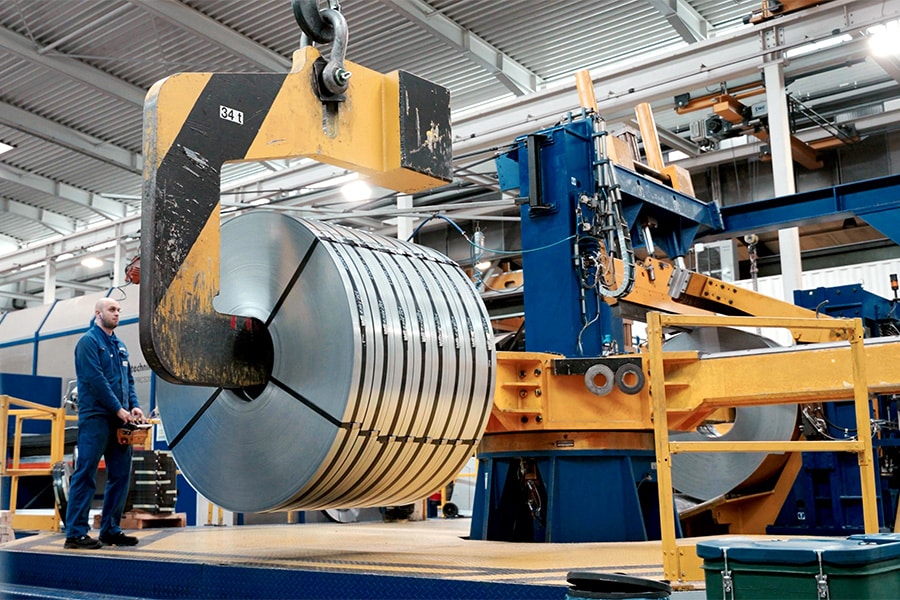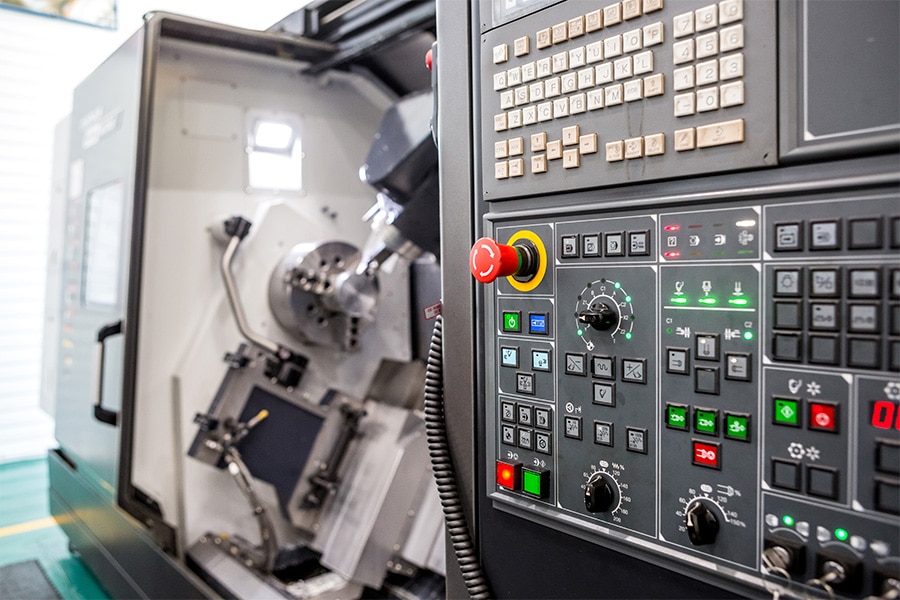
Where the technological clock never stands still: deburring machines are constantly evolving
For the neatness of it, and especially the tight end result, where the word "finished" immediately comes to mind. You clearly only build a good deburring machine by listening carefully to the customer's needs. Metaalvak spoke with Joost Kouwenbergh of Q-Fin Finishing Machines, machine developer and international reference in this ever-evolving niche.

As with many other finishing operations on sheet metal parts, one cannot ignore the importance of the deburring phase. Besides safety and aesthetics, it plays a decisive role as preparation for further process steps, such as powder coating. Traditionally, deburring was done just about everywhere with a grinder. Today it is a solution that only makes sense on a small scale. Kouwenbergh: "The enormous numbers of sheet metal parts that are currently produced by laser, oxyfuel or plasma cutting make manual finishing actually irrelevant, especially given the more stable quality, automation and range of additional possibilities that our deburring machines have to offer."
In several steps to proper completion
Although every deburring machine has the same purpose, the machining principles vary considerably from machine builder to machine builder. By default, the workpiece is first fed under a flat sanding belt, which removes all raised edges. This is then followed by several multi-step brushing operations, which will ensure proper rounding. Says Kouwenbergh, "Q-Fin works primarily with bowl brushes that press from above onto the workpiece, and cyclically shuttle back and forth across it. This innovative, proven method delivers faster and higher-performance work because the pressure comes from above. This also allows the machines to handle a wider radius."

Polyvalence, ease of use, time savings
Most of the innovations that developers implement in their new machines are clearly inspired by the pursuit of versatility, ease of use and time savings. Kouwenbergh: "That's right, performant and precise were already the Q-Fin machines, for example, because these are the starting criteria of each concept phase. Now it comes down to responding efficiently to new needs and developments." The increasing demand for double-sided machining, for example, classically solved by installing two deburring machines one after the other. For this, Q-Fin developed a reversing unit capable of reversing an entire batch of workpieces 180° between the two operations, so that continuity can be maintained within the automatic line.

Keep innovating
Recently, the machine builder also developed a planetary machine, which is ideal when rounding must be identical in all corners and edges of the product. Moreover, for cutting operations that also produce slag, Q-Fin now also offers freestanding 'slag-measurers', the DS600 and DS1200, which clear the workpieces of all slag clumps even before the actual deburring process. Kouwenbergh: "Specifically, we introduce a new machine every six months, often around important international trade fairs. Among other things, we put a lot of effort into making our new HMIs 4.0-ready, which enable very ad brake operation via very accessible, pre-programmed standard commands. Our automatic brush height adjustment, for example, is such a powerful feature that makes previously already easy machine adjustment even easier."
Heeft u vragen over dit artikel, project of product?
Neem dan rechtstreeks contact op met Q-Fin Quality Finishing Machines.
 Contact opnemen
Contact opnemen



